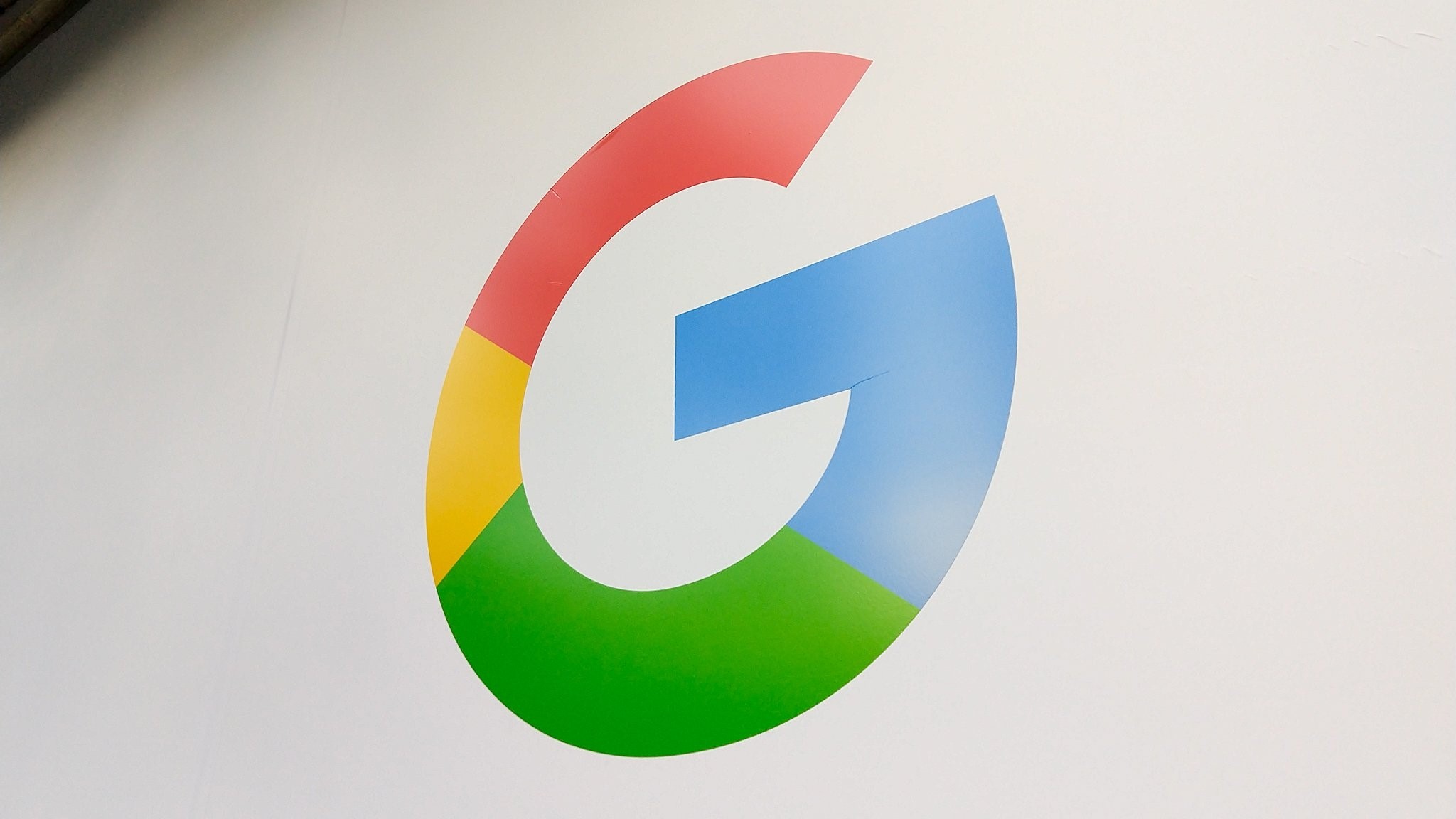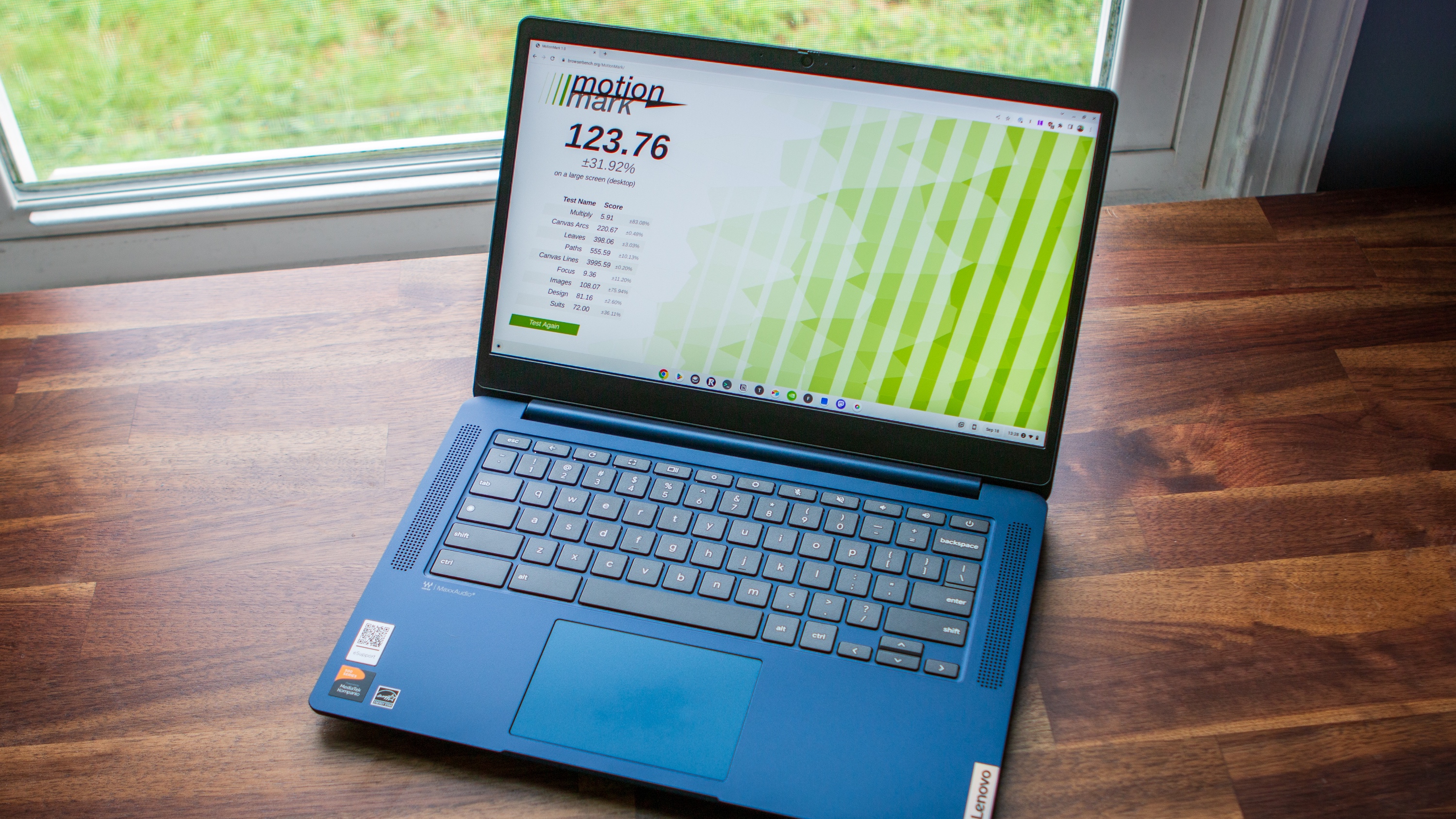Google gets fined $162 million in India for anti-competitive practices on Android
It reportedly leveraged five prominent markets for its dominance and violated the laws.

What you need to know
- Google was found violating competition laws in India, according to the country's regulatory authority.
- It was fined $162 million by the Competition Commission of India (CCI).
- The search giant is given 30 days to act on the order, and Google reportedly responds.
Google has been finding itself under scrutiny over the past few weeks. Early this week, it was sued by the Attorney General of Texas for allegedly violating the country's privacy law over biometric data collection next to voice recordings as well. Now, the company has been fined in India, which happens to be one of the biggest Asian markets for Google, for its anti-competitive practices on Android.
India's competition regulator, the Competition Commission of India (CCI), has reportedly fined the search giant Rs 1337.76 Crore (~$162 million) for anti-competitive practices concerning Android mobile devices (via Reuters). The alleged penalty is "for abusing its dominant position in multiple markets in the Android Mobile device ecosystem."
CCI has allegedly examined various practices of Google on Android, including its native applications like Google Play Store, Google Search, Google Chrome, and YouTube. It further included relevant markets like licensable OS for smartphones in the country, app store market for Android devices, general web search services, non-OS specific mobile web browsers, and online video hosting platform (OVHP) in India.
The analysis by CCI has found Google is driven by the leading goal of growing users on its platforms so that they engage with its revenue-earning service, online search, for instance. It further translates to "denial of market access for competing search apps in contravention of Section 4(2)(c) of the Act."
Similarly, Google has been found leveraging its authority in the app store market for Android devices "to protect its position in online general search in contravention of Section 4(2)(e) of the Act."
Other breaches of the aforementioned activities include Google protecting its "position in the non-OS specific web browser market through the Google Chrome App." The same applies to YouTube when it comes to the OVHPs market.
The search giant has further been found violating provisions of Section 4(2)(b)(ii) of the Act. That includes Google's dominance in making OEM makers pre-install its proprietary apps like Google Play Store, for instance, which has made the manufacturers reduce the ability to opt for an alternative operating system. It is considered as setting limitations to "scientific development to the prejudice of the consumers," violating the act.
Get the latest news from Android Central, your trusted companion in the world of Android
While imposing the said penalty, CCI has also set several measures, including allowing OEMs to choose between installing Google proprietary apps on their devices rather than forcing them to pre-install applications. It also comprises licensing Play Store and Google Play Services. The complete list of measures can be found on the Competition Commission of India's website.
The penalty imposed is further said to be on a provisional basis "for violating Section 4 of the Act." Google now gets a 30-day period from CCI to "provide the requisite financial details and supporting documents."
In response, Google's spokesperson reportedly has issued a statement to TechCrunch, which suggests that the recent regulator's order "opens serious security risks for Indians who trust Android's security features," and raises the "cost of mobile devices for Indians."
This isn't the first time Google has been fined for leveraging its dominance. European Union, back in 2018, imposed a €4.34 billion fine for its dominance on Android devices. Later, Google attempted to appeal the fine, which the EU had struck in September 2022.

Vishnu is a freelance news writer for Android Central. Since 2018, he has written about consumer technology, especially smartphones, computers, and every other gizmo connected to the internet. When he is not at the keyboard, you can find him on a long drive or lounging on the couch binge-watching a crime series.
